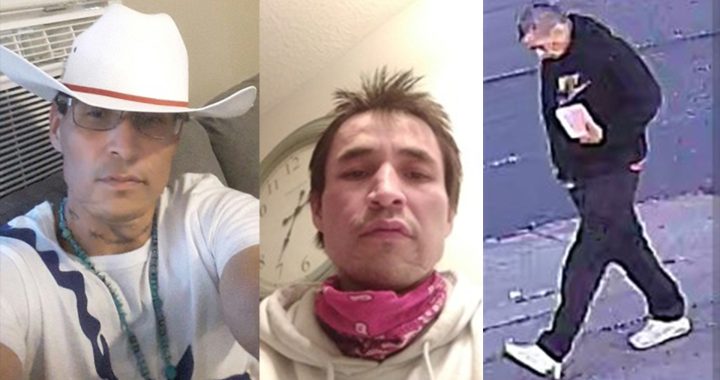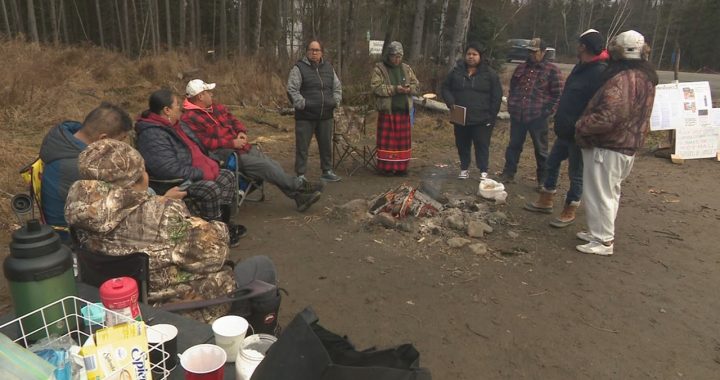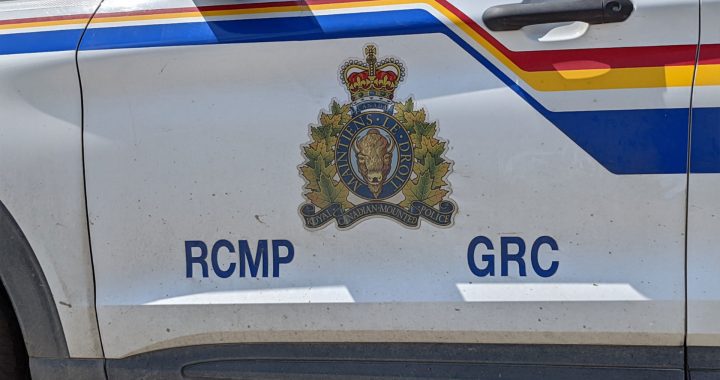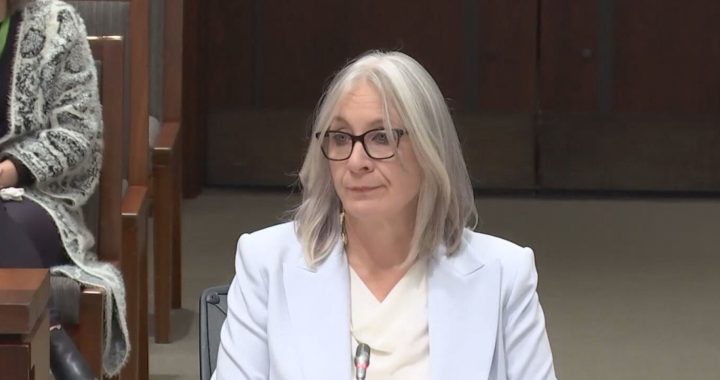
The bridge outside of Hay River, N.W.T. Monday night is lit by an eerie glow. Photo: submitted
Some 20,000 residents in the capital of the Northwest Territories have been ordered to leave by Friday as wildfire danger in the region intensifies.
The evacuation order issued Wednesday night applies to the city of Yellowknife and neighbouring First Nations communities of Ndilo and Dettah.
“I want to be clear that the city is not in immediate danger and there is a safe window for residents to leave the city by road and by air,” Shane Thompson, the territory’s minister of Municipal and Community Affairs, told a news conference.
He said the blaze had been advancing since it breached a firebreak over the weekend and was burning about 17 kilometres outside the city. Thompson added that, without rain, it was possible the fire would reach the city’s outskirts by the weekend.
The N.W.T. government said residents living along Ingraham Trail and in Dettah, Kam Lake, Grace Lake and the Engle Business District were at highest risk and should evacuate as soon as possible.
It said other residents had until noon Friday to leave.
At risk
“You put yourself and others at risk if you choose to stay later,” said Thompson.
The evacuation order said it was safe for people to start leaving by road right away.
“If there are smoky conditions, residents evacuating by highway will be escorted from Yellowknife through the active fire zone,” it said.
Evacuation flights were being made available, but the government said only those who don’t have the option of leaving by road should register. People who are immunocompromised or have a condition that puts them at higher risk were encouraged to sign up for the flights.
Air evacuations were set to begin Thursday afternoon.
“I can appreciate that everybody wants to be on the first flight out, but please follow the instructions so that everyone can evacuate in a timely manner,” said Yellowknife Mayor Rebecca Alty.
“We don’t want to cause congestion by having people come when they’re not supposed to be there.”
Evacuation centre
An evacuation centre was set up at the Yellowknife Multiplex for evacuees from Dettah and the Ingraham Trail. Facilities in the city were also available for residents who wished to stay, but the government said those services would be temporary.
It added that evacuation by boat to an island or cabin was not recommended because air quality was expected to decline.
The city also posted online that it was immediately suspending its residential garbage collection, trucked water and sewer services and transit.
Residents of three western Yellowknife neighbourhoods had been on evacuation notice since Tuesday, when the territorial government declared a state of emergency, allowing it to access resources to combat what it called an unprecedented wildfire season
The N.W.T. has been grappling with more than 200 wildfires that have already burned an area four times the size of Prince Edward Island.
About 6,800 people in eight other communities, including Fort Smith, Enterprise, Jean Marie River and Hay River, have also been forced from their homes.
In St. Albert, Alta., on Edmonton’s outskirts, Tanisha Edison arrived at a fire evacuation centre after a 19-hour drive from her home in Hay River.
Enterprise
Edison, who is days away from giving birth, said the trek took her through the hamlet of Enterprise, home to about 100 people.
“The town was gone pretty much,” Edison said. “No buildings left. It was just metal frames melting.
“You couldn’t even read the signs because when the fire blew through there, they were all melted.
“Trees were like ashes. Everything was like ashes and on fire.”
About 80 per cent of Enterprise, including homes and businesses, was destroyed but everyone made it out alive, said Blair Porter, the community’s senior administrative officer.
“Just a couple days ago, it was a thriving community – now it’s all gone. It’s pretty devastating.”
There have been no reports of injuries or fatalities due to the wildfires.
N.W.T. premier
Prime Minister Justin Trudeau spoke with N.W.T. Premier Caroline Cochrane on Wednesday and they agreed to remain in close contact as the wildfire situation developed.
“The prime minister reaffirmed the Government of Canada’s commitment to provide ongoing assistance to the territory and affected communities,” a readout from Trudeau’s office said.
British Columbia Premier David Eby said in a statement that the province, under threat from its own fires, was working with all western provinces to provide support.
“Our hearts are with the people of the Northwest Territories.”









